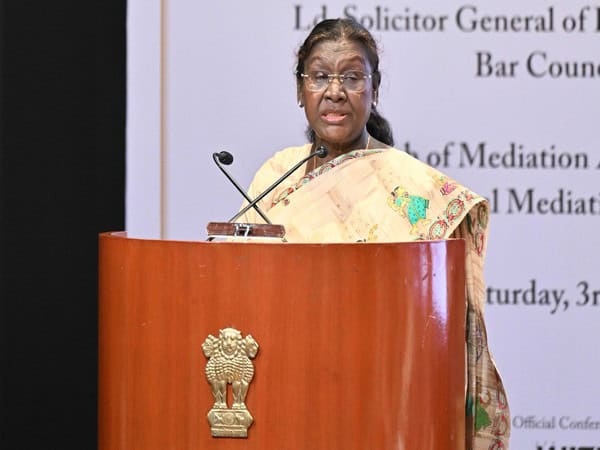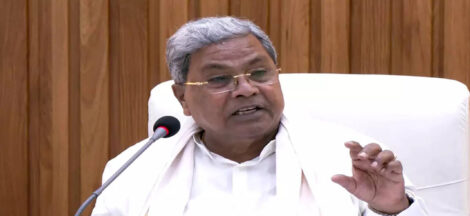President Droupadi Murmu has formally challenged the Supreme Court’s authority to impose deadlines on the President and Governors for assenting to state legislation, following the Court’s April 8 ruling in the Tamil Nadu government versus Governor R.N. Ravi case. The President’s response, submitted to the Court, questions the constitutional basis for such timelines, asserting that Articles 200 and 201 of the Constitution do not stipulate any specific timeframes for decision-making on state bills.
The Supreme Court’s April 8 judgment addressed the prolonged withholding of assent by Governor R.N. Ravi to ten bills passed by the Tamil Nadu Legislative Assembly. The Court deemed the Governor’s inaction as “illegal” and “erroneous,” emphasizing that the Governor is constitutionally obligated to act “as soon as possible” when presented with legislation. Invoking its powers under Article 142, the Court declared that the pending bills were to be considered as having received assent, effectively becoming law.
In its ruling, the Court clarified the limited options available to a Governor under Article 200: granting assent, withholding assent and returning the bill for reconsideration, or reserving the bill for the President’s consideration. The Court further stated that if a bill is re-passed by the legislature without amendments, the Governor is constitutionally bound to grant assent and cannot refer it to the President.
The President’s submission raises concerns about the judiciary’s role in prescribing timelines for executive actions, arguing that such mandates may infringe upon the separation of powers. The response suggests that the Court’s directives could be seen as overstepping its jurisdiction, given the absence of explicit constitutional provisions regarding deadlines for assent.
Legal experts are divided on the implications of the Supreme Court’s decision. Some view it as a necessary check on executive inaction, ensuring that legislative processes are not unduly hindered. Others caution that the judiciary must be careful not to encroach upon the functions of the executive branch.
The Tamil Nadu government, led by Chief Minister M.K. Stalin, welcomed the Supreme Court’s verdict as a reaffirmation of state legislative rights and a step towards strengthening federalism. The ruling was seen as a response to concerns about Governors, appointed by the central government, delaying or obstructing legislation passed by opposition-led state assemblies.
The Court’s decision has broader implications for the relationship between state governments and Governors across the country. By setting a precedent that limits the discretionary powers of Governors in withholding assent to state legislation, the ruling may influence future interactions between state legislatures and the executive.




 The New Covid 19 Death Data Proves That The Centre Earlier Fudged The Figure
The New Covid 19 Death Data Proves That The Centre Earlier Fudged The Figure 